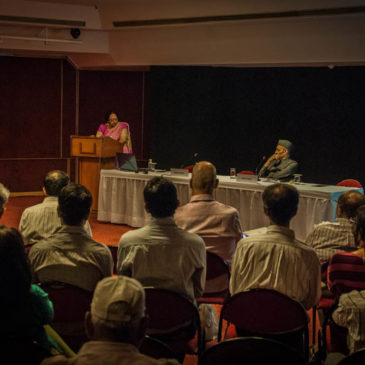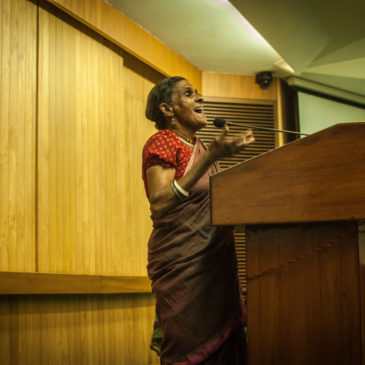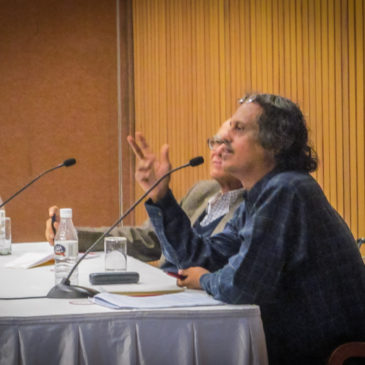Kavita Sharma: Education and Transformative Governance
In these times, when the society has to grapple with the glorification of a homogenising culture on the one hand and communal coding on the other, the question of the role of education in governance has to be a critical concern. The Dadri lynching, burning of a Dalit family in Faridabad, subjugation of religious liberty and many more developments reflect the levels of intolerance. How do we understand the role of education in this context and how can the seeds of transformation be sowed?




